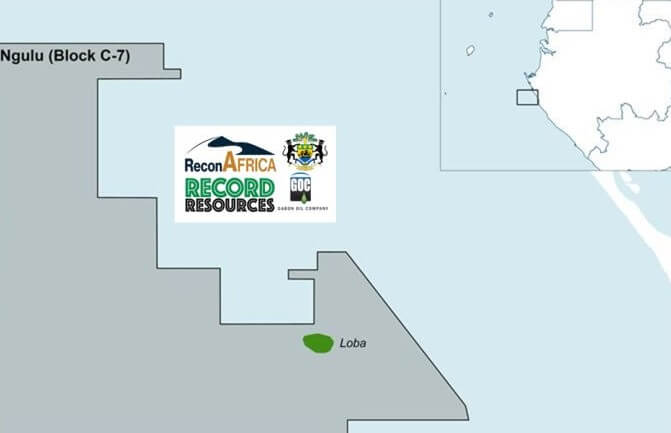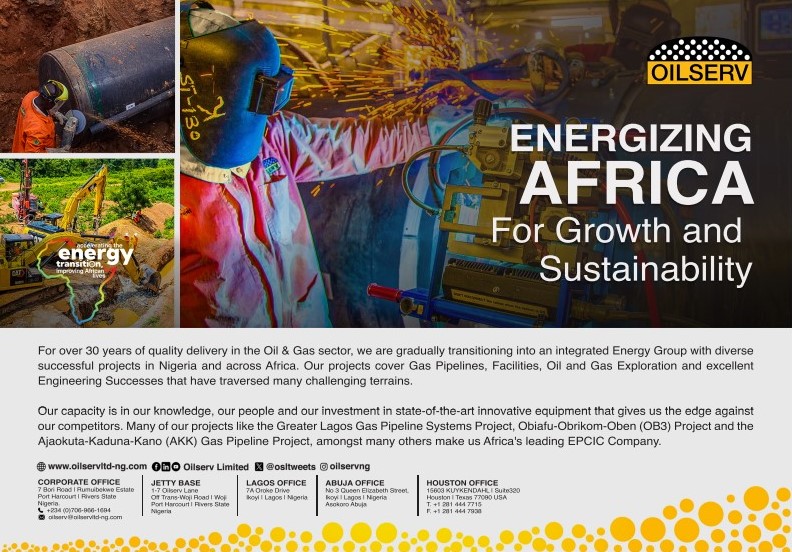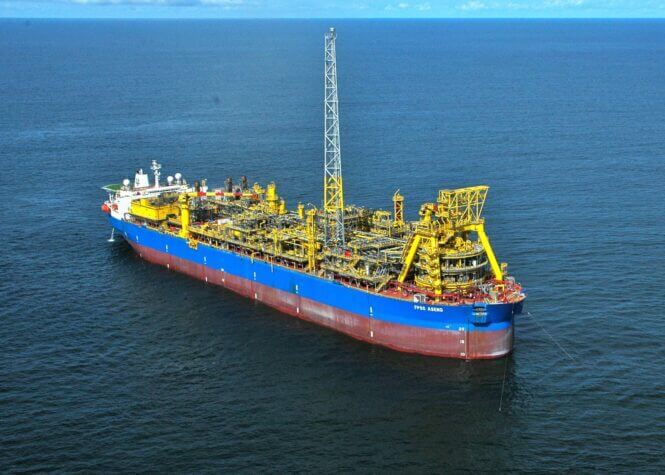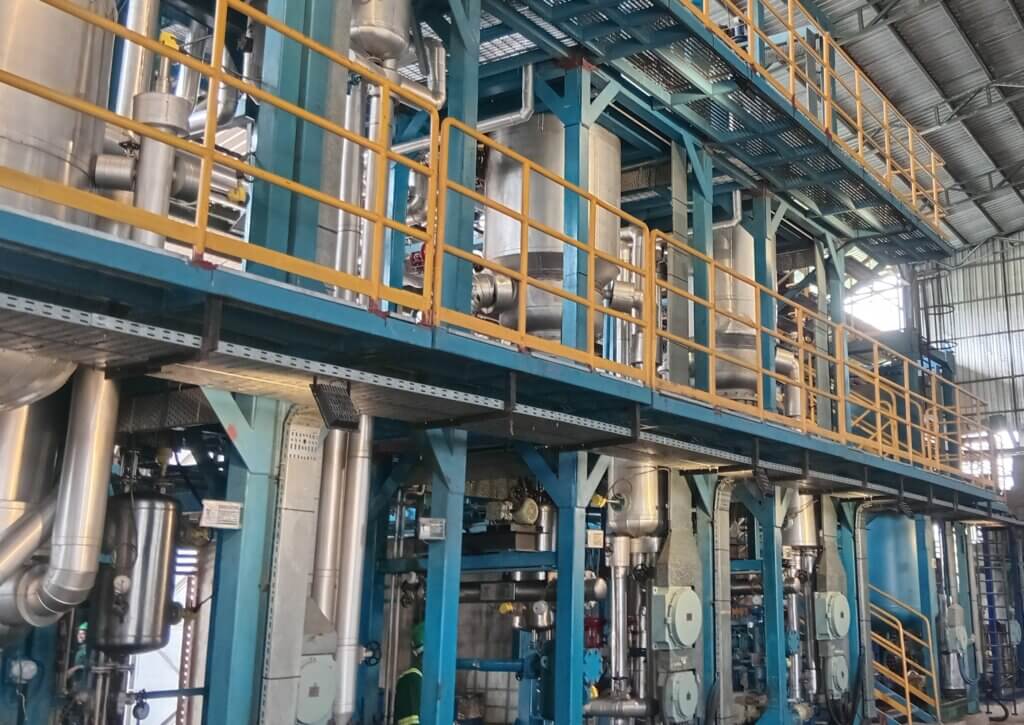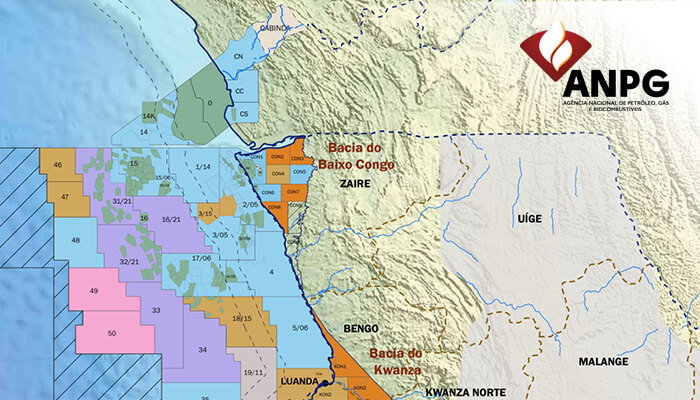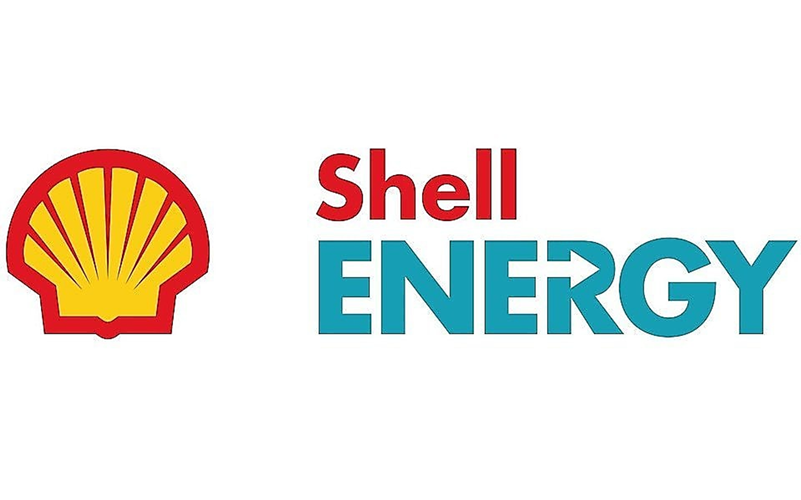
The Board of Royal Dutch Shell plc (Shell) today announced a proposal to simplify the company’s share structure to increase the speed and flexibility of capital and portfolio actions. The simplification is designed to strengthen Shell’s competitiveness and accelerate both shareholder distributions and the delivery of its strategy to become a net-zero emissions business.
Shell’s Chair, Sir Andrew Mackenzie, said: “At a time of unprecedented change for the industry, it’s even more important that we have an increased ability to accelerate the transition to a lower-carbon global energy system. A simpler structure will enable Shell to speed up the delivery of its Powering Progress strategy, while creating value for our shareholders, customers and wider society.”
Under the proposal announced today, Shell intends to change its share structure to establish a single line of shares, which is simpler for investors to understand and value. The company will also align its tax residence with its country of incorporation in the UK.
Shell has been incorporated in the UK with Dutch tax residence and a dual share structure since the 2005 unification of KoninklijkeNederlandsche Petroleum Maatschappij and The Shell Transport and Trading Company under a single parent company. It was not envisaged at the time of unification that the current A/B share structure would be permanent.
The company, which long faced questions from investors about its dual structure and had recently been hit by a Dutch court order over its climate targets, aims to drop “Royal Dutch” from its name – part of its identity since 1907 – to become Shell Plc.
The firm has been in a long-running tussle with the Dutch authorities over the country’s 15% dividend withholding tax on some of its shares, making them less attractive for international investors. Shell introduced the two-class share structure in 2005 after a previous corporate overhaul.
The new single structure with all shares under British law means none of its shares would be under this tax. It would also allow Shell to strike swifter sale or acquisition deals. According to Reuters.
A conventional single share structure will allow Shell to compete more effectively. It will:
- Allow for an acceleration in distributions by way of share buybacks, as there will be a larger single pool of ordinary shares that can be bought back. Following the start of a $2 billion buyback programme in July, Shell announced in September that it will return an additional $7 billion to shareholders following completion of the sale of its Permian assets in the United States.
- Strengthen Shell’s ability to rise to the challenges posed by the energy transition, by managing its portfolio with greater agility.
- Reduce risk for shareholders by simplifying and normalising Shell’s share structure in line with its competitors and most other global companies. The current complex share structure is subject to constraints and may not be sustainable in the long term.
Following the simplification, shareholders will continue to hold the same legal, ownership, voting and capital distribution rights in Shell. Shares will continue to be listed in Amsterdam, London and New York (through the American Depository Shares programme), with FTSE UK index inclusion. It is fully expected AEX index inclusion will be maintained. Shell’s corporate governance structure will remain unchanged.
Shell is proud of its Anglo-Dutch heritage and will continue to be a significant employer with a major presence in the Netherlands. Its Projects and Technology division, global Upstream and Integrated Gas businesses and renewable energies hub remain located in The Hague.
Shell’s growing presence in wind projects off the Dutch coast, recent decision to build a world-scale low-carbon biofuels plant at the Energy and Chemicals Park Rotterdam, plan to build Europe’s biggest electrolyser in Rotterdam, and its intention to participate in the Porthos carbon capture and storage project, all underline the importance of the Netherlands to the company’s energy transition activities.
Carrying the Royal designation has been a source of immense pride and honour for Shell for more than 130 years. However, the company anticipates it will no longer meet the conditions for using the designation following the proposed change. Therefore, subject to shareholder approval of the resolution, the Board expects to change the company’s name from Royal Dutch Shell plc to Shell plc.
Sir Andrew Mackenzie said: “The simplification will normalise our share structure under the tax and legal jurisdictions of a single country and make us more competitive. As a result, Shell will be better positioned to seize opportunities and play a leading role in the energy transition. Shell’s Board unanimously recommends shareholders vote in favour of the proposed resolution.”























